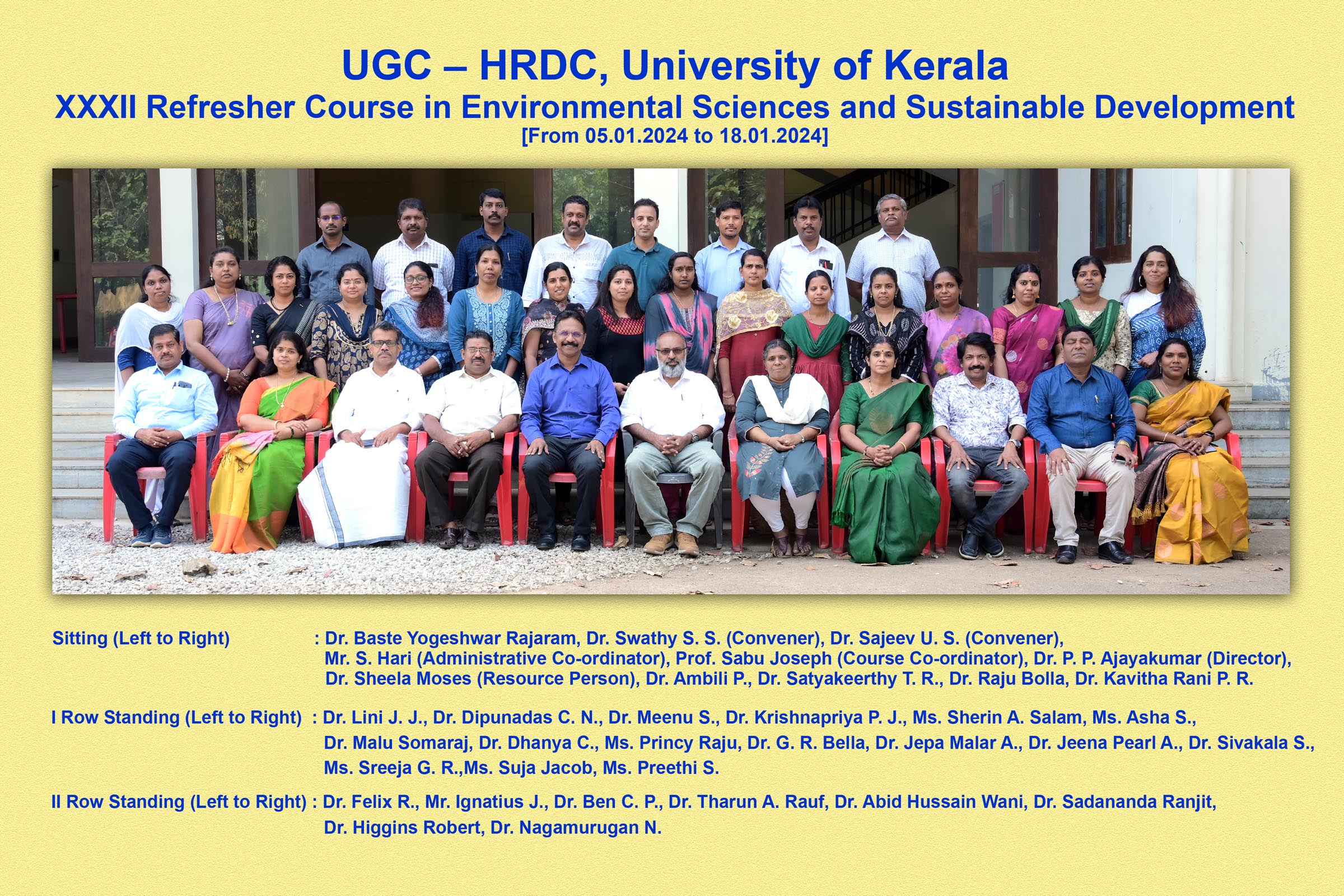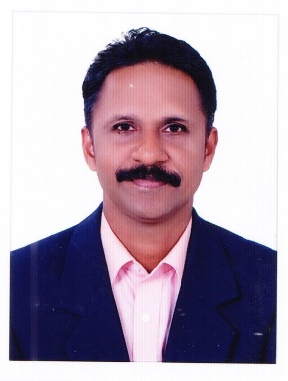| Course Name: |
Environmental Sciences and Sustainable Development |
| Course Image |

Note:-click the above image to open image in a new browser tab.
|
| Introduction: |
Environmental science is the interdisciplinary study of the interaction of living and non-living parts of the environment, with a special focus on the impact of humans on the environment. The study of environmental science includes biology, geology, climate science, and many other fields. It may even incorporate the economic, political, and social factors that drive human impacts on the planet. The need for equitable, ethical, and sustainable use of Earth’s resources by a global population that continues to grow requires us not only to understand how human behaviors affect the environment, but also the scientific principles that govern interactions between the living and non-living. Our future depends on our ability to understand and evaluate evidence-based arguments about the environmental consequences of human actions and technologies, and to make informed decisions based on those arguments.
Our Common Future (1987), the report of the World Commission on Environment and Development, is widely credited with having popularized the concept of sustainable development. It defines sustainable development as “development that meets the needs of the present without compromising the ability of future generations to meet their own needs”. Sustainability is often considered to have three “pillars”: social, environmental, and economic. All three of these factors must be in balance to have a truly sustainable society. For example, a society in which all people have their social and econ |
| Objectives: |
To familiarize the concept of sustainable development goals and appreciate the interdependence of economic and social aspects of sustainability, recognize and analyze climate changes, concept of carbon credit and the challenges of environmental management.
To inculcate and embrace sustainability practices and develop a broader understanding on green materials, energy cycles and analyze the role of sustainable urbanization. |
| Start Date: |
05. 01. 2024 |
| End Date: |
18. 01. 2024 |
| University/College: |
University of Kerala |
| About Instructor: |
Dr.Salom Gnana Thanga.V. is a professor in the Department of Environmental Sciences, University of Kerala. Dr. Salom completed her undergraduation in Agriculture; Post graduation and Ph.D in Environmental Sciences from Tamil Nadu Agricultural University, Coimbatore. She has nearly 30 years of research experience and 22 years of teaching experience in the field of Environmental Science. Dr.Salom is specialized in Environmental microbiology, Benthic Ecology of coastal ecosystems and has published 56 research papers and 2 books (Elsevier). She has been awarded the Association of Commonwealth Universities (ACU) Blue Charter Fellowship 2019-2020 to undergo collaborative research with University of Newcastle, Australia. Dr.Salom is guiding 8 scholars for Ph.D and 14 scholars have been awarded Ph.D with her guidance. Dr.Salom has been the coordinator of more than 10 refresher course in Environmental Science in the HRDC, University of Kerala. |
| Weekly Plan: |
Addressing the needs of all people, most importantly the poor or otherwise disadvantaged groups wherever they may live to ensure that “no one is left behind”.
People – End poverty and hunger in all forms and ensure dignity and equality
Planet – Protect our planet’s natural resources and climate for future generation
Prosperity – Ensure prosperous and fulfilling lives in harmony with nature
Peace – Foster peaceful, just and inclusive societies
Partnership – Implement the agenda through a solid global partnership |
| Instructor Name: |
Dr.Salom Gnana Thanga.V. |
| Instructors Photo |

Note:-click the above image to open image in a new browser tab.
|
| Certification: |
The participants those how have successfully completed the program will be given a certificate of participation as mentioned in the UGC- Guidelines. |
| Duration In Weeks: |
2 Weeks |
| Instructors Photo: |
2 Weeks |
| Assessment Plan Method: |
Assessment Plan/method Overall response (Attendance) – 20 Seminar/Project Presentation – 20 Project Work - 30 Multiple-choice objective tests -30 (i) A+: 85 percent and above (ii) A: 70 per cent to less than or equal to 84 percent (iii) B: 60 per cent to less than or equal to 69 per cent (iv) C: 50 per cent to less than or equal to 59 per cent (v) F: Below 49 per cent |
| Language: |
English |
| Course Style: |
Self-paced |
| Length Hours Per Week: |
Six hours a day for 6 days in a week - 36 hours per week |
| Level: |
Beginner |